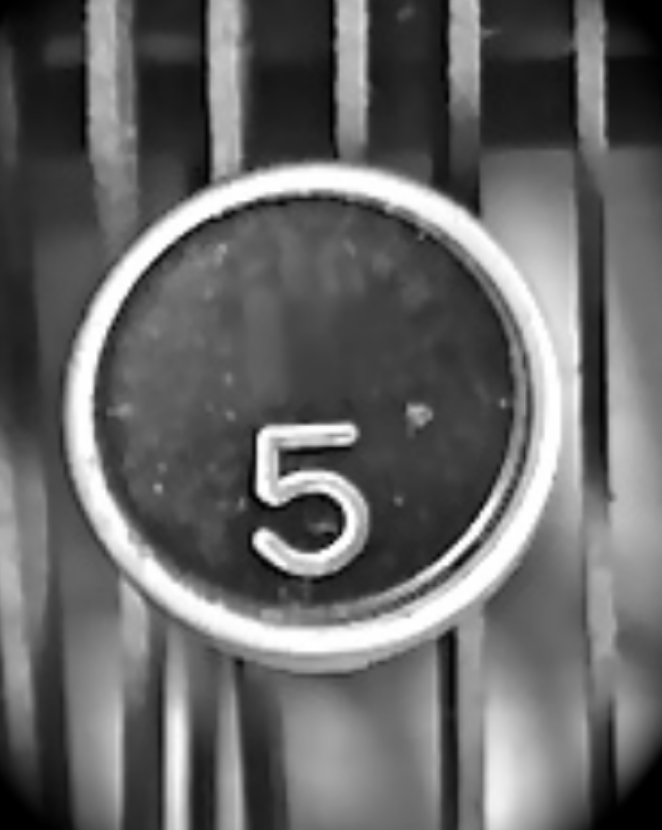5 HOT BOOKS: A Timely Book on Whistleblowers, Immigration Nightmares, and More
/1. Plagued by Fire: The Dreams and Furies of Frank Lloyd Wright by Paul Hendrickson (Knopf)
This extraordinary book is a not a traditional biography of the arrogant, narcissistic, egotistic genius architect Wright, but rather, as Hendrickson writes, “a kind of synecdoche, with selected pockets in a life standing for the oceanic whole of that life.” Resisting the myths and hagiography of Wright, Hendrickson wears his encyclopedic knowledge of the architect’s creations lightly and evokes the emotional and psychological life of this gifted man who was cursed by regret and remorse stemming from tragic, racially charged conflagrations in his life. Hendrickson – whose Sons of Mississippi: A Story of Race and Its Legacy won the National Book Critics Circle award and, most recently, whose best-selling Hemingway’s Boat: Everything He Loved in Life, and Lost was an NBCC finalist – is distinguished by his brilliant ability to find just the right angles on each of his disparate subjects, with multiple perspectives inspiring a whole new way of seeing an American icon.
2. Crisis of Conscience: Whistleblowing in an Age of Fraud by Tom Mueller (Riverhead)
Some timing. Mueller worked on Crisis of Conscience for seven years, and recent revelations of the complaint about President Donald Trump’s call to the president of Ukraine sent “whistleblower” trending on Twitter. In his highly readable and fascinating book, Mueller depicts a wide range of whistleblowers – or truth tellers, as they are also known – in institutions ranging from private-sector health care and finance to governmental departments to the super-secret National Security Agency, and finds that they share a sense that they have a heightened sense of right and wrong, and a loyalty to a mission rather than an organization. This moral superiority and righteous zeal to stop fraud, abuse of power, or misconduct may not make for popularity in the workplace, and as truth becomes increasingly relative and disregard for rules and laws increases, Muller smartly points out that “the rise of whistleblowing is an index of a society in distress.”
3. Here We Are: American Dreams, American Nightmares by Aarti Namdev Shahani (Celadon)
Silicon Valley-based NPR correspondent Shahani’s engrossing, bittersweet memoir exposes the complex tangles of the contemporary immigrant experience. Her family landed in multiethnic Queens in the 1980s, beginning in India and detouring through Morocco, and, undocumented, they lived in a one-bedroom apartment under the threat of deportation. They thought green cards would turn their fortunes until her father mistakenly sold merchandise from an electronics store to drug cartel members, was arrested for money laundering, and served eight months at Rikers Island. Shahani, who won scholarships for her education, worked for his exoneration, and in her powerful, nuanced account comes to terms with the dark underside of the American dream.
4. The In-Betweens: The Spiritualists, Mediums, and Legends of Camp Etna by Mira Ptacin (Liveright)
In her enchanting memoir, Ptacin brings an open mind and curiosity to Camp Etna, a 143-year-old Spiritualist colony in Maine, which welcomes visitors eager to learn more about the psychics, clairvoyants, and mediums who find it their spiritual home. Ptacin locates the roots of Spiritualism and traces the rise and decline of this female-dominated world that challenged institutions of the 19th-century patriarchy, offered comforting connection with the dead, and supported both abolition and suffrage. Blending history and her firsthand experience, Ptacin summons the spirits of this rich past and conveys the emotional needs it has satisfied over the years.
5. The Shadow King by Maaza Mengiste (W.W. Norton)
Mengiste begins and ends her riveting epic at a train station in 1974, but the heart of her second novel is set decades before, on the eve of and during the Italian invasion of Ethiopia. Mengiste reimagines this war through multiple perspectives – the poor and powerless as well as the affluent and influential – but the most compelling parts of her wonderful novel involve the women who worked as spies, caregivers, advisers, and warriors to save their nation from fascism. Her portrait of one young woman, Hirut, a heroic, vulnerable servant girl who fights for her country, is unforgettable.










